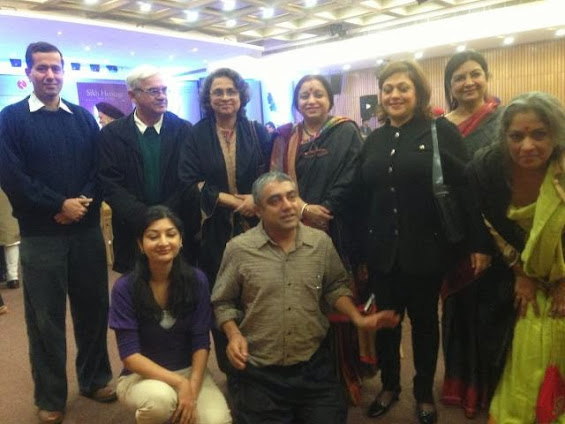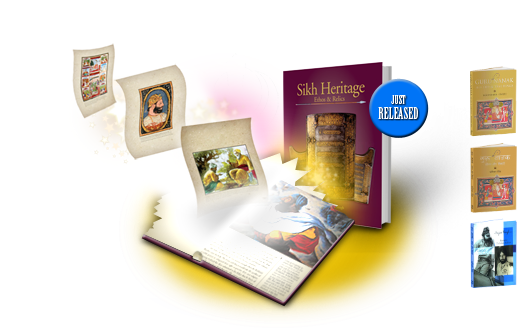WE were in Delhi. Not to visit the fine old city, but to study and live far away from the comfort of home. My friends and I had travelled from the city of Patiala and were now in the deep end. We had earned the right to be there by a mixture of intelligence, proper schooling and some degree of hard work. This enabled us to get good grades and, consequently, admission to prestigious colleges. In Delhi, we were lost. Used to seeing ourselves crème de la crème in our own little pond, here we were adrift, and a little out of depth. How much, became clear as days went by.
We were a bit laconic in the manner we moved and the way we spoke, like Texans in New York, so to say. In Delhi people moved at a much snappier pace and spoke so fast that at times we would mentally rewind the conversation and play it back. Slow pokes we might have been, but one thing we were sure of, when it came to our mother tongue, Punjabi, we — the full blooded Punjabis from Yadavindra Public School, Patiala, that we were — would have no problems.
Ragging in St Stephen’s College was a tame affair, though still not a pleasant one. One of the questions often asked was: “What does your father do?” It was a loaded query, since those who had prominent people for parents faced a tougher time. I would truthfully answer that my father was a Punjabi writer, and this normally put an end to the conversation.
“Who?” asked a senior one day. “Giani Gurdit Singh,” I replied. “ Mera Pind wale? It’s a really nice book,” said he. “That means your mother is Inderjit Kaur Sandhu.”

Madhu, foreground, holds the centre stage as friends pose at the Delhi launch of Sikh Heritage: Ethos and Relics.
I was stunned that someone had connected the dots. More so since I had studiously avoided any mention of my mother, who was the Vice-Chancellor of Punjabi University, Patiala, those days, lest I become a target. “Oh, come on, forget these chaps, let’s talk,” said the man who became by life-long friend thereafter.
Everyone wanted to speak in Punjabi in Delhi those days. To be accepted, you learnt to throw in a few sentences in Punjabi, so we spent happy times educating our fellow beings from other parts of India about our mother tongue.
At one point I was the secretary of the college Punjabi Society and continued my teaching of Punjabi lessons with a varying degree of success. There were some who did not need any, like Madhu, who spoke Punjabi so well that everyone thought he was a Punjabi till they learnt his full name — Madhusudan Srinivas. He had been brought up in Shimla and would spend much time with our family after my parents moved to Delhi. When Madhu joined the Indian Express later, people laid bets about whether this fair-skinned Punjabi-speaking individual was a Punjabi or not’.
Madhu was by far not the only Tamil who could speak Punjabi well. Niranjan Ramakrishnan, who said he wanted to go to Ludhiana but landed up in Louisiana, spoke Punjabi well. He ran two software companies, writes extensively on public affairs and published a book on Punjabi jokes, called Bantaism: The Philosophy of Sardar Jokes, which I reviewed a year ago. It takes a ‘Madrasi’ to find philosophy in Banta’s jokes and dwell upon it. But then he has also written a book called Reading Gandhi in the 21st Century, which showcases his scholarly talent, which I will review soon.
Nitya Ramakrishan (extreme left), Aunty and Niranjan (right) at the Delhi launch of Sikh Heritage: Ethos and Relics
I received an SMS recently which brought up the issue of Punjabi in Delhi. It seems strange that Punjabi will be taught in fewer colleges in Delhi under the new four-year scheme of Delhi University. Can Punjabi really be taken out of Delhi? No way, it is a part of Delhi’s DNA. It is the language that many non-Punjabis want to learn, if only to sound strong. Like one of our friends who picked up the phrase “Tainu mainu dasan,” which he thought sounded tough. He uttered it menacingly, and wondered why everyone sniggered after he said it. Now, if only he had learnt his Punjabi properly.
A slightly shorter version of this middle by Roopinder Singh was published in The Tribune on July 20, 2013



